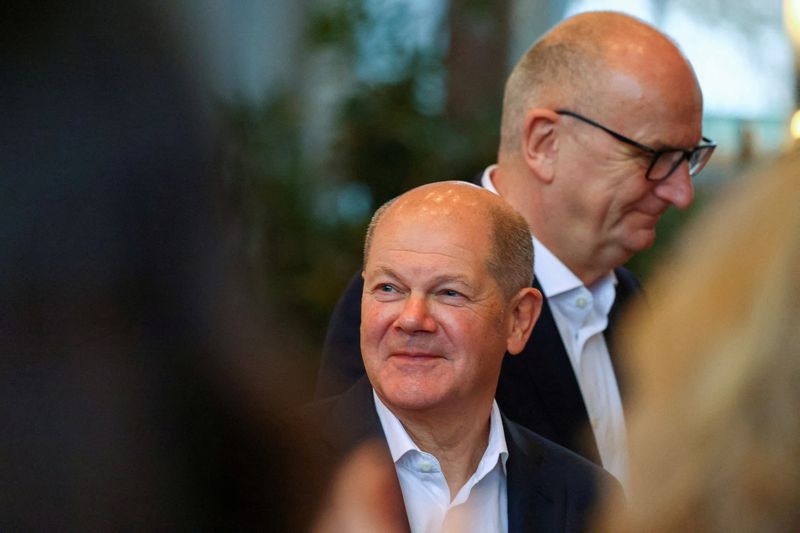AI Sentiment: Neutral
Reason: The article discusses the political situation in Germany, focusing on Chancellor Olaf Scholz's plans to revise electoral law and call for new elections. It doesn't reflect any sentiment towards a company or crypto.
Germany's Chancellor Olaf Scholz is set to approach the parliament with a request to clear the path for early elections. This move is in response to the German Constitutional Court's ruling that the existing electoral law is unconstitutional. The court's decision has put the Chancellor in a tight spot, forcing him to take immediate action to revise the law and seek new elections.
The court's verdict, announced in February 2022, declared that the current electoral law, which allows for overhang and leveling seats, violates the principle of electoral equality and the voters' constitutional right to influence the composition of the parliament. The overhang seats are additional mandates that a party can gain if it wins more direct mandates in a state than it would have received via second votes. This system often results in a larger parliament.
Meanwhile, the leveling seats are used to ensure that the distribution of seats in the parliament reflects the proportion of second votes each party receives. The court's ruling has put these practices under scrutiny and has necessitated a revision of the law.
Chancellor Scholz has urged for a swift resolution to avoid any potential disruption to the functioning of the German parliament. His call for new elections could potentially translate into a significant political shift, depending on the outcome. However, he faces a daunting task in winning the support of the parliament for early elections, given the court's ruling and the complexity of the current electoral system.
Despite the challenges, Chancellor Scholz remains committed to upholding the constitutional principles of electoral equality and voters' influence over parliament composition. The impending changes to the electoral law, coupled with the potential for new elections, signal a pivotal moment in German politics that could drastically alter the country's political landscape.




